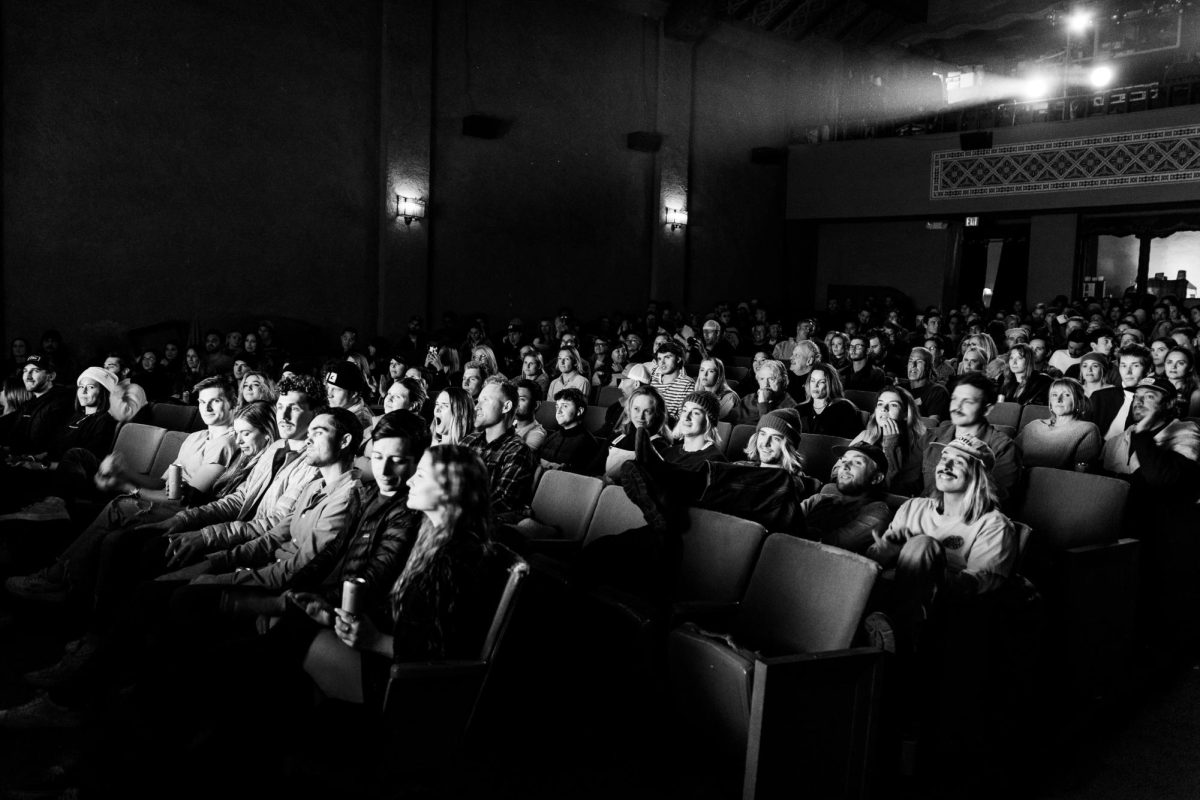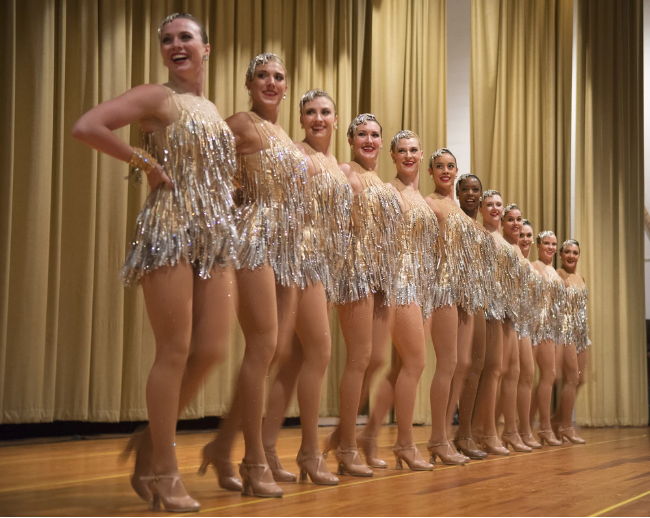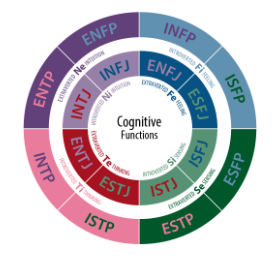Since the dawn of film, literary adaptations have been integral to the fabric of good cinema. Many of the familiar Disney movies children grew up on were based on the Brothers Grimm fairy tales. The transition from book to screen has underlined cinema history for decades. Yet, works derived out of literature can be incredibly hit-or-miss.
Some of the most critically acclaimed films are literary adaptations, or at the very least informed by books. Christopher Nolan’s 2023 film, “Oppenheimer,” was the greatest victor of the Academy Awards last year, with seven wins in total. Nolan cited the 2005 biography, “American Prometheus: The Triumph and Tragedy of J. Robert Oppenheimer,” by Kai Bird and Martin J. Sherwin as the base of his film. Greta Gerwig’s 2019 film “Little Women,” based on Louisa May Alcott’s novel of the same name, received incredulous popularity for its star-studded cast, including Saoirse Ronan, Florence Pugh, Emma Watson, Timothée Chalamet, Meryl Streep, and Bob Odenkirk. The film, too, received an Oscar win for Best Costume Design and six nominations altogether at its year in the Academy Awards.
Yet, many literary adaptations fail, especially when they are not faithful to their original material. Two literary classics are soon to be adapted for the silver screen—though they already are receiving criticism.
Emerald Fennell, director of “Promising Young Woman,” and “Saltburn,” is set to write, direct, and produce an adaptation of Emily Brontё’s 1847 gothic novel, “Wuthering Heights.” Fennell has already pinned down her two stars of the film: Margot Robbie as Cathy, and Jacob Elordi as Heathcliff.
Fennell’s last work, “Saltburn,” starring Barry Keoghan and Jacob Elordi, took audiences by storm for its picturesque coloration and breathtaking composition, sometimes a little too vulgar and a little too uncomfortable. Besides cinematography and shock-value, critics found the content and underlying message of the film lackluster. Wesley Morris’s review from The New York Times called it “too desperate, too confused, too pleased with its petty shocks to rile anything you’d recognize as genuine excitement.” Other critics didn’t have much else to say on the film—it gets too convoluted, and shares a great resemblance to the 1999 film, “The Talented Mr. Ripley.” Albeit, that film does a greater job than “Saltburn” as a critique of class status and relationships.
Thus, the future of Fennell’s “Wuthering Heights” adaptation sounds bleak. Such has already been seen through her casting. Margot Robbie is set to play Cathy Earnshaw Linton, but there’s a major discrepancy in the factor of age. Cathy is incredibly young; her actions throughout the novel are influenced by her naivete; her youth is integral to the character. Robbie seems too old to play a character that dies at the small age of 18: Robbie is 34. Brontё’s novel provides an emphasis on Cathy’s youth, and Fennell’s adaptation is set to undermine it.
Many critics are more concerned at Heathcliff’s casting, as Jacob Elordi is pinned to take on the role. Brontё describes Heathcliff in the novel as a “dark-skinned gipsy [sic]” and “a little Lascar, or an American or Spanish castaway.” Heathcliff’s ambiguous race in the novel is a major factor in the violence he faces from other white characters, such as when Hindley lashes his back. Casting Heathcliff as a white actor erases an important factor in the novel, and motives of Heathcliff’s character arc. What often makes a good literary adaptation is faithfulness to the original source material; film critics doubt Fennell even read the book before taking on this novel.
Netflix has announced that it will take on an adaptation of Oscar Wilde’s 1890 novel, “The Picture of Dorian Gray.” Executive producers Katie Rose Rogers and Robbie Rogers are working on developing “The Grays,” a TV show with a contemporary take on the novel. Wilde’s original novel revolves around Dorian and Basil: he is infatuated by Dorian, idolizing him completely. Yet, in the new Netflix series, Dorian and Basil are siblings.
This twist not only completely disregards the undertones of the novel—the homoerotic implications of Dorian and Basil’s relationship—but also directs a stab at Wilde’s own identity. This direction of changing Dorian and Basil is just odd, and horribly incestuous at times. Above all else, it erases Wilde’s history.
In 1895, Wilde was put on trial two times for allegations of sodomy or homosexuality, and an affair with Lord Alfred Douglas, a young poet and aristocrat. The libel case “Wilde v Queensberry” specifically used “The Picture of Dorian Gray” and the homoerotic themes of the novel to accuse Wilde of seducing Lord Alfred Douglas. For the second trial “Regina v Wilde,” he was convicted of gross indecency, and sentenced to two years of hard labor for his crime. This conviction was made precisely because of his sexual identity—gross indecency in respect to heterosexual relationships was never illegal in England.
Erasing Dorian and Basil’s relationship is erasing Wilde’s identity, erasing his decision to stand trial instead against two courts lodged with blasphemous discrimination. The executive producers’ decision to make them siblings isn’t just unfaithful to the original content of the novel, but it is in explicitly bad faith to the novel and Wilde. Many comments on the Deadline article announcing the adaptation are in outrage, with one anonymous comment writing that “Oscar Wilde did not die for this monstrosity.”
Literary adaptations have the capacity to be good, they have the capacity to be great even. But their greatness relies on integrity. Directors have to understand their source material, and they need to understand the minds of the authors they are working with. It’s a difficult task indeed, and it evidently is not fit for every director, every producer. So it may be best for Fennell, the Rogers sisters, and Netflix to release their grasps on such pristine gothic classics before they dig themselves any deeper.







